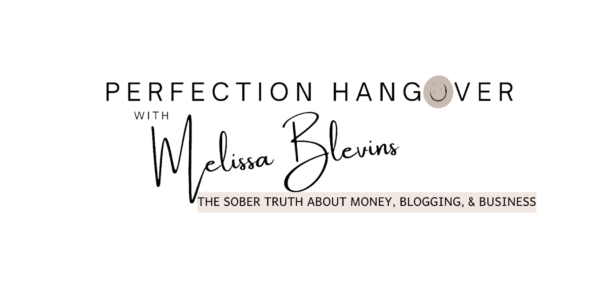This post may contain affiliate links. Click here to read my full disclosure.
Thousands of people are the victims of financial scams every day, and we aren’t just talking about the scandalous prices attached to your grocery shopping.
We are talking about fraudsters who will contact you over the phone, by email, or even on your doorstep, trying to scam you out of your hard-earned money.
From illegitimate companies to salesmen with too-good-to-be-true offers, you need to be vigilant to avoid being conned out of money.

Types of Financial Scams
There are all kinds of scams, but the following are amongst the most common.
- The promise of stocks and shares in a particular company. Despite the appeal of high returns offered, these shares are non-existent. The attractive sales patter of the well-trained fraudster is like a well-oiled machine. Salesmen are sneaky. And scam artists will use trickery to get you locked into products that can result in major losses.
- The promise of compensation. If the fraudster gets wind of any type of accident you have been involved in, they will promise to get you compensation. Ignore them – even if the accident was genuine, you need to contact a lawyer to get back what was owed, and not be swayed by the overeager fraudster. These types of financial scams usually give you a feeling that something just isn’t right. Follow your gut instinct.
- Acting under the banner of an official company. This is a clever scam, conducted by cold callers or emailers, with the pretense that they are operating for an authorized company, with cloned duplicates of the official documentation to appear genuine. For instance, you might receive an email that your Paypal account has been compromised, asking you to log in to change your password. It may look like the real deal, but beware: these con artists are capable of making websites and emails look legit. Before you know it, you’ve given them your password to your account. Always, always check the sender of an email. If it’s directly from a company (example: [email protected]), it’s probably legit. However, if it is any variation whatsoever (example: [email protected]), it’s most definitely NOT from the company itself. When in doubt, don’t click anything and send directly to your SPAM folder. You can then go directly to the company’s website to initiate contact with them.
- Identity theft. If you have leaked any of your personal information, or fallen prey to a computer virus, the fraudster will use your personal data to get a credit card or loan in your name. You can check your credit reports from all three bureaus once per year for free at the Annual Credit Report website. No other company allows you to get a true, accurate report for FREE. If you’d like to track your score, check out My FICO. You can be alerted any time there are changes to your credit bureaus, giving you peace of mind. Mark Zuckerberg is under fire and testified in court just today about Facebook’s connection with the fallout from a third-party app that leaked 87 million Facebook profiles to the campaign firm Cambridge Analytica. I was one of the many people notified that our information was part of the leak. Facebook has set up a dedicated help page to help users determine if their information was leaked to Cambridge Analytica. Needless to say, everything you enter into a computer, tablet, or phone can be used in a malicious way….even users and clients of multi-billion dollar corporations aren’t protected from personal data being shared.
Warning signs
If any of the following are true, alarm bells should be ringing in your head.
- Somebody contacts you out of the blue, without any prior warning. They probably don’t know your full name or details, but they will try and wrangle this information from you during the conversation.
- Whatever method of contact they have chosen, they may ask you for bank information. No reputable company will do this, so no matter what the reasoning – quick access to your pension, unpaid PPI, fantastic loan offers – don’t give them any of your card details.
- They call you from a private or unlisted number or have no business address or email. ALL reputable companies have a base of operations, with official contact options, and these can easily be found on the internet.
- They ask you for money upfront, either through PayPal or a cash payment, often with the pressure of a time limit to get the money from you as soon as possible.
Tips to Avoid Getting Scammed
- Never give out personal information online or to a cold caller.
- Don’t rush into making a decision. If you suspect fraud (such as somebody ‘acting’ for your bank), call the official people to clarify the truth about the conversation you had.
- Use the latest anti-virus software and firewalls on your computer, and never reply to shady emails, or click on any links that appear ingenuine.
The Worst-Case Scenario
If you do fall prey to a scam, you need to take action immediately. This includes calling your bank and canceling your bank cards, speaking to the police for further advice, calling your local fraud office and getting legal counsel to help you get compensated for any losses you have made. Some fraudsters pass your details onto other miscreants too, so it’s worth changing your bank details, getting a new email address, and altering any or all of your passwords online. We are living in dubious times, with all kinds of fraudsters looking to swindle us out of our money. Continue to research the latest scams, and take all measures possible to protect yourself from any financial harm.

Life is a collection of memories and experiences. There are ups and downs. I am so grateful for God’s grace and am on the journey to a renewed spirit, free of perfectionism. Perfection Hangover offers the sober truth – no filter.



Great content and ideas that everyone can refer through to avoid being scammed.